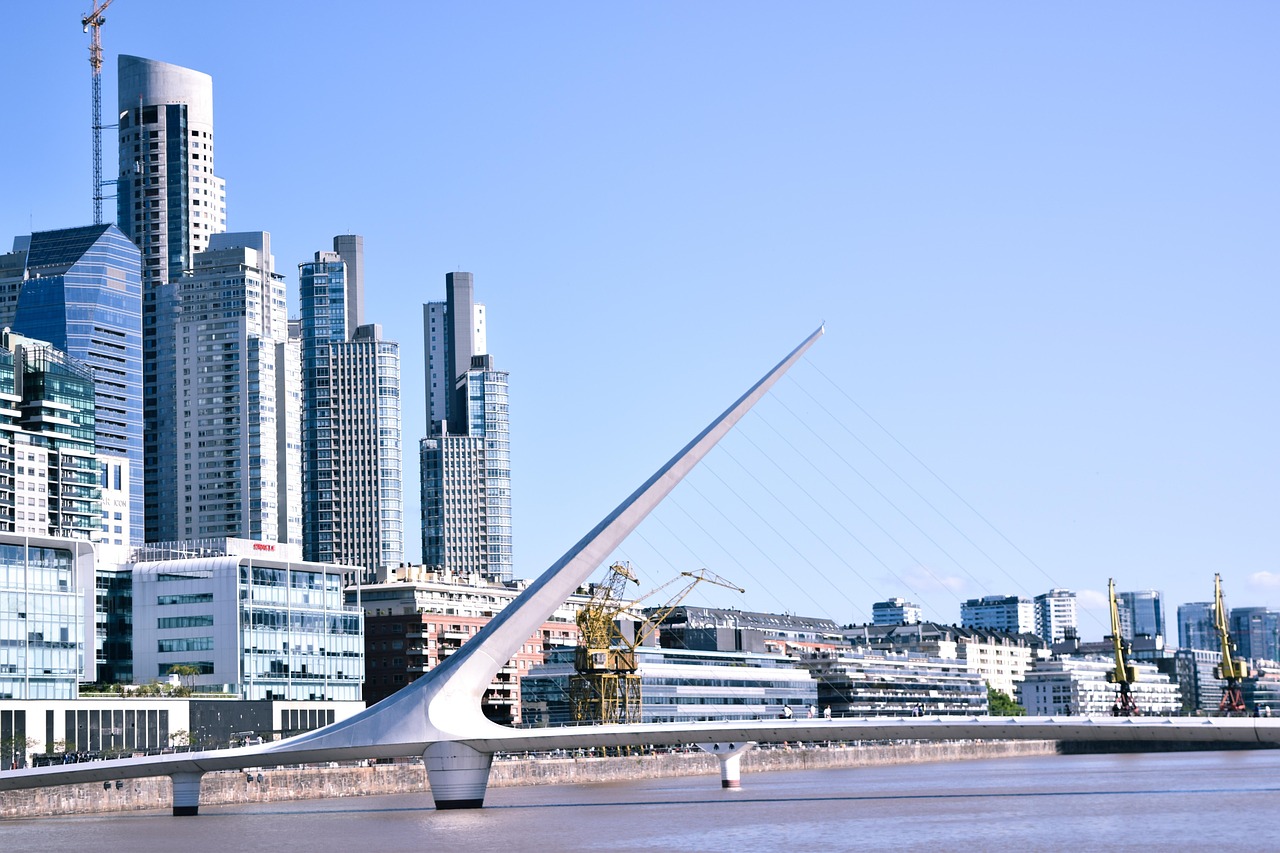New Study Reveals Space Travel May Accelerate Astronaut Aging

Recent research indicates that space travel may have unforeseen consequences on the human body, particularly accelerating the aging process of astronauts. A study published in Cell Stem Cell led by biochemist Jessica Pham from UC San Diego highlights that extended exposure to microgravity and cosmic radiation can significantly impact the physical health of astronauts.
The researchers conducted experiments by sending human hematopoietic stem and progenitor cells (HSPCs) aboard SpaceX missions to the International Space Station (ISS) for periods of up to 45 days. The findings revealed that the conditions of space triggered a series of changes in these cells, which are crucial for blood production and maintenance.
Aging Cells Under Extreme Conditions
The study found that exposure to the unique environment of space increased the production of inflammatory proteins while simultaneously reducing the regeneration of healthy cells. This response can be likened to driving a vehicle with the accelerator pressed down constantly, leading to premature wear and tear. One of the most alarming indicators of accelerated aging was the observed shortening of telomeres, the protective caps on chromosomes that typically diminish over time. When telomeres shorten too much, it can hinder cell division and elevate the risk of diseases, alongside impairing the immune system.
The implications of these findings are profound. As noted by Dr. Catriona Jamieson, another co-author of the study, space serves as “the ultimate stress test for the human body.” This research not only sheds light on the challenges faced by astronauts but also offers potential pathways for mitigating cellular damage and enhancing recovery after their return to Earth.
Implications for Future Space Missions
Interestingly, some of the cellular damage identified in the study was reversible when astronauts returned to Earth, provided that their cells were not subjected to conditions that could destabilize them further. This aspect of the research offers hope for astronaut recovery following extended missions and could eventually lead to advancements that benefit broader populations on Earth, especially in understanding aging processes.
Moreover, the study noted that certain cells experienced overwhelming stress, which led to the activation of what is referred to as the “dark genome.” This term describes segments of dormant DNA that, when unleashed, can jeopardize immune function and cellular stability.
As space agencies prepare for longer missions, such as those involving Mars exploration, understanding the biological effects of space travel remains crucial. The findings from UC San Diego will inform strategies to protect astronauts from the detrimental effects of prolonged exposure to the harsh conditions of space, ultimately aiming to enhance their health and performance in future explorations.
These revelations underline the importance of ongoing research into the physiological impacts of space travel, which not only concerns astronauts but also holds potential implications for advancing medical science and addressing aging for all individuals on Earth.






